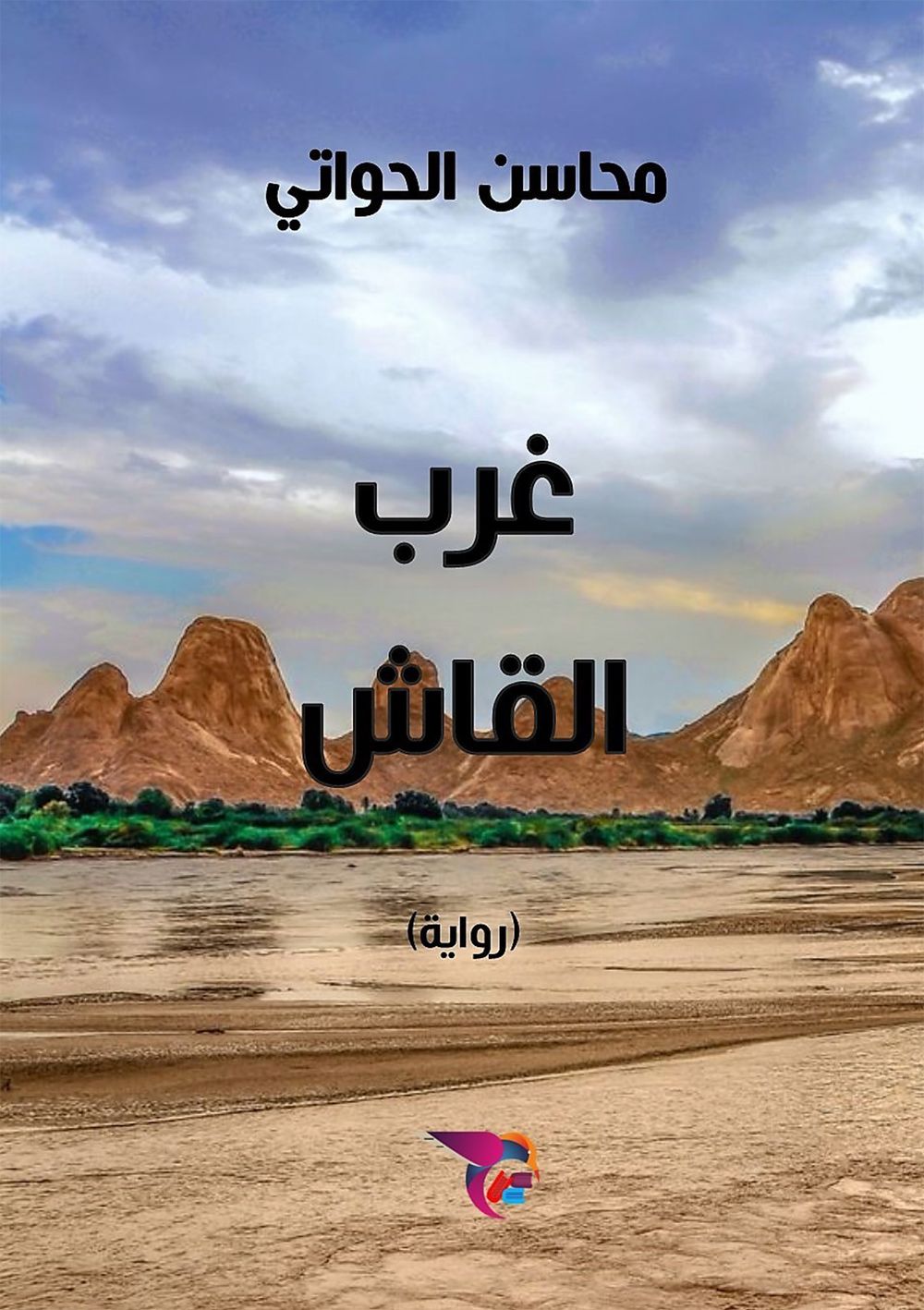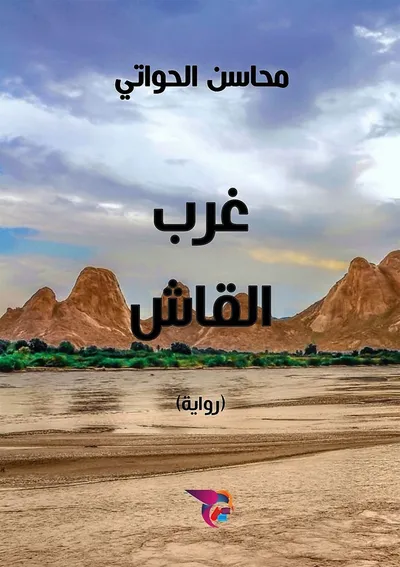

It was early in the war. The bombing in Sana’a was terrifying, and it felt like death could come at any moment. I was depressed. One of my brothers, who was sick before the war, recently had several operations. But he couldn't get all the treatment he needed. He was so sick. We couldn’t escape the city to our home village, or to anywhere.
My other brother was mentally exhausted, and the rest of our family had left for Egypt, Sudan, or other countries. A few relatives stayed behind with me, and we suffered through the bombing together. We were together when water was cut off, when the electricity went out, and when we had almost no money. Through it all, we tried to console each other, dreaming of peace and quiet. But I was not comforted. I was in a lot of pain at what had happened to my country. I felt so alone in my tears.
That's when I decided to begin working on my first novel. I had promised my late mother I would write it, and under the light of fading candles and with a burning heart, I inked the text with tears. “Gharb al-Gash” (West of the al-Gash River) is about the diaspora where I was born, and spent my childhood. I presented it to my friends at the Yemeni Story Club, a group of writers, novelists, and cultural enthusiasts. To my surprise, the club’s president brought it to a publishing house in London, and it was published in August 2019. Only then did the darkness inside me begin to dissipate, although a shadow of pain remained. I told myself: "If I die now, at least I have left something good behind me."
But like all Yemenis, most of the time I was still miserable. My heart hurt for my brother, who we still could not afford good medical care for. One day we took him to the government hospital, because treatment there costs less. That was 4 December 2017, the same day of the killing of [former] President Ali Abdullah Saleh. Everything stopped that day, everything but fear and panic. My hopes were dashed, only pain remained. My brother died after drinking juice I had poured with my own hand. These are the tragedies of my country, and the tragedy of my brother, for whom I could do nothing.